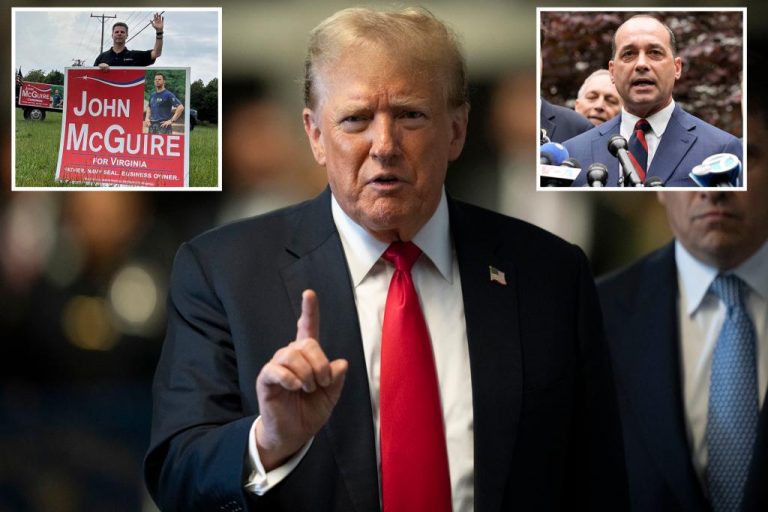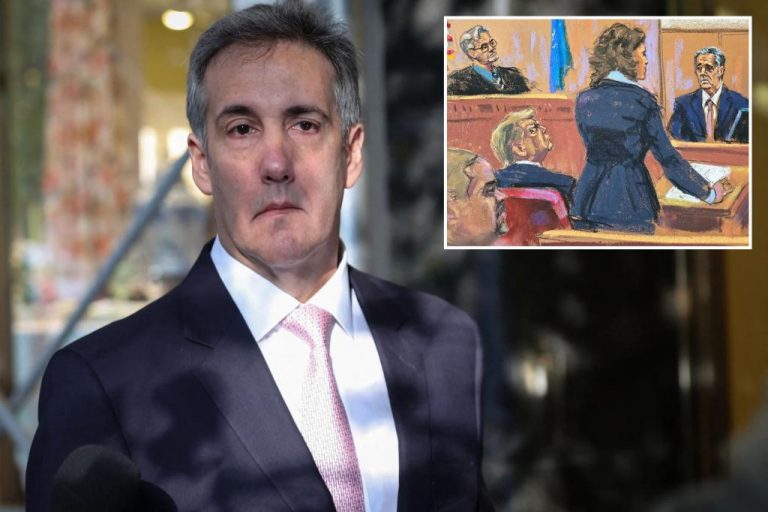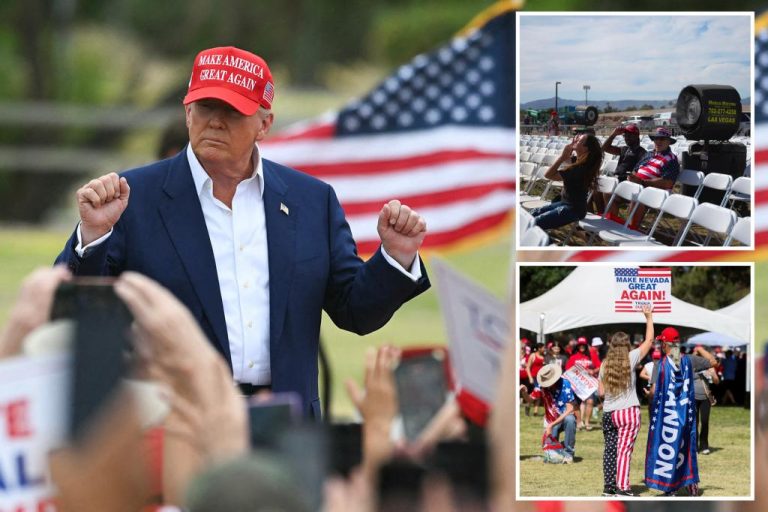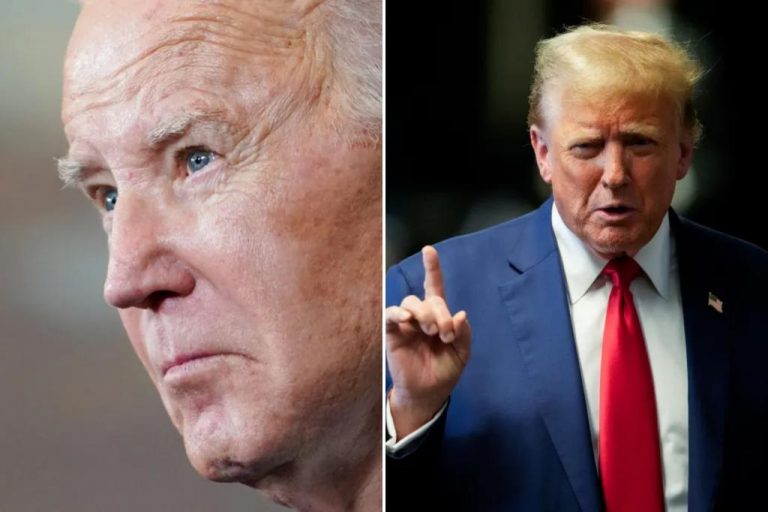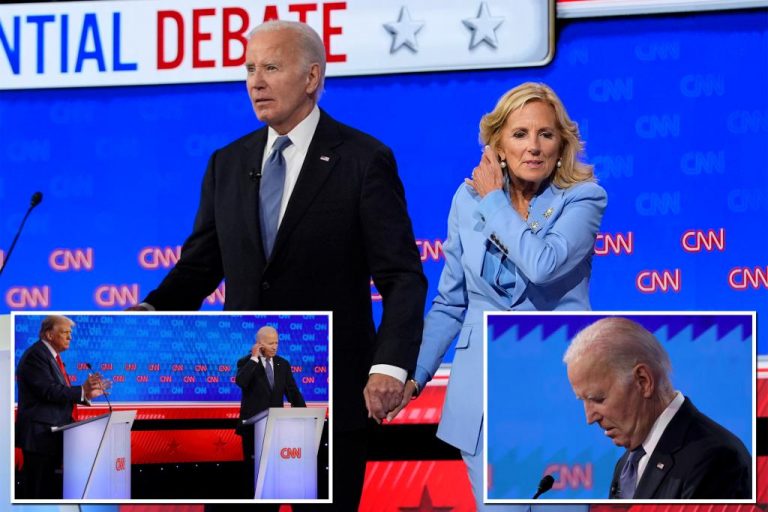Google lawyer helped Kamala Harris prepare for Trump debate, causing concerns about bias in tech antitrust investigations.
Google, one of the biggest tech giants in the world, has found itself at the center of controversy once again. This time, the company’s top lawyer, Karen Dunn, has come under scrutiny for coaching Vice President Kamala Harris for her debate against former President Donald Trump. This revelation has raised concerns among tech antitrust watchdogs, who believe that this cozy relationship between a powerful corporation and a political figure could have far-reaching implications.
It’s no secret that Google wields considerable influence both in the tech industry and in the political arena. The company’s sprawling empire encompasses everything from search engines to advertising to cloud computing, making it a force to be reckoned with. This latest revelation, however, has brought to light the close ties between Google and the Vice President, raising questions about conflicts of interest and undue influence.
Karen Dunn, a seasoned litigator and former federal prosecutor, is no stranger to high-profile cases. As Google’s top lawyer, she is tasked with navigating the company through a web of legal challenges, including antitrust investigations and regulatory scrutiny. Her role in coaching Vice President Harris for the debate has sparked outrage among critics, who see it as a blatant attempt by Google to curry favor with the current administration.
Antitrust watchdogs, in particular, have been quick to condemn Dunn’s actions, pointing to Google’s long history of anticompetitive behavior. The company has faced multiple antitrust investigations in the past, with regulators around the world probing its dominance in online search and advertising. By cozying up to Vice President Harris, critics argue, Google is attempting to shield itself from further scrutiny and protect its vast empire from potential regulatory action.
The stakes are high for both Google and Vice President Harris. As one of the most powerful companies in the world, Google has a vested interest in maintaining its dominant position in the tech industry. Any regulatory action against the company could have far-reaching implications for its business, potentially opening the door for competitors to gain a foothold in the market. By aligning itself with a powerful political figure like Vice President Harris, Google may be hoping to influence the course of future antitrust investigations and protect its bottom line.
For Vice President Harris, the stakes are equally high. As the second-highest-ranking official in the country, she wields considerable influence over government policy and regulatory enforcement. By seeking advice from Google’s top lawyer, Harris may be inadvertently lending legitimacy to the company’s actions and undermining efforts to hold it accountable for anticompetitive behavior. This cozy relationship between a political figure and a powerful corporation could erode public trust in the government and raise questions about whose interests are truly being served.
In the wake of this controversy, both Google and Vice President Harris have come under increased scrutiny from lawmakers and antitrust watchdogs. Calls for transparency and accountability have grown louder, with critics demanding answers about the nature of Dunn’s involvement in coaching Harris for the debate. The close ties between Google and the current administration have raised red flags for many, who see them as emblematic of a broader trend of corporate influence over government decision-making.
As the controversy unfolds, one thing is clear: the relationship between Google and Vice President Harris is under intense scrutiny. The tech giant’s efforts to influence government policy and regulatory enforcement through its top lawyer have raised serious concerns about the integrity of the political process and the influence of powerful corporations. Antitrust watchdogs are keeping a close eye on this unfolding drama, determined to hold both Google and Vice President Harris accountable for their actions.
Ultimately, the outcome of this controversy could have far-reaching implications for the tech industry and the political landscape as a whole. How the Biden administration chooses to handle this situation will send a powerful message about its commitment to transparency, accountability, and the rule of law. In a world where the lines between corporate power and government influence are increasingly blurred, it is more important than ever to uphold the principles of democracy and ensure that all voices are heard.



